
Russian Chemists Improve Seawater Desalination Membrane
A team of researchers of the HSE Faculty of Chemistry Joint Department of Inorganic Chemistry and Materials Science with the RAS Kurnakov Institute of General and Inorganic Chemistry have designed a novel type of hybrid ion-exchange membrane. Such membranes can be used to produce drinking water from seawater, which is particularly relevant for areas with access to the sea and a shortage of drinking water. The study is published in Desalination.
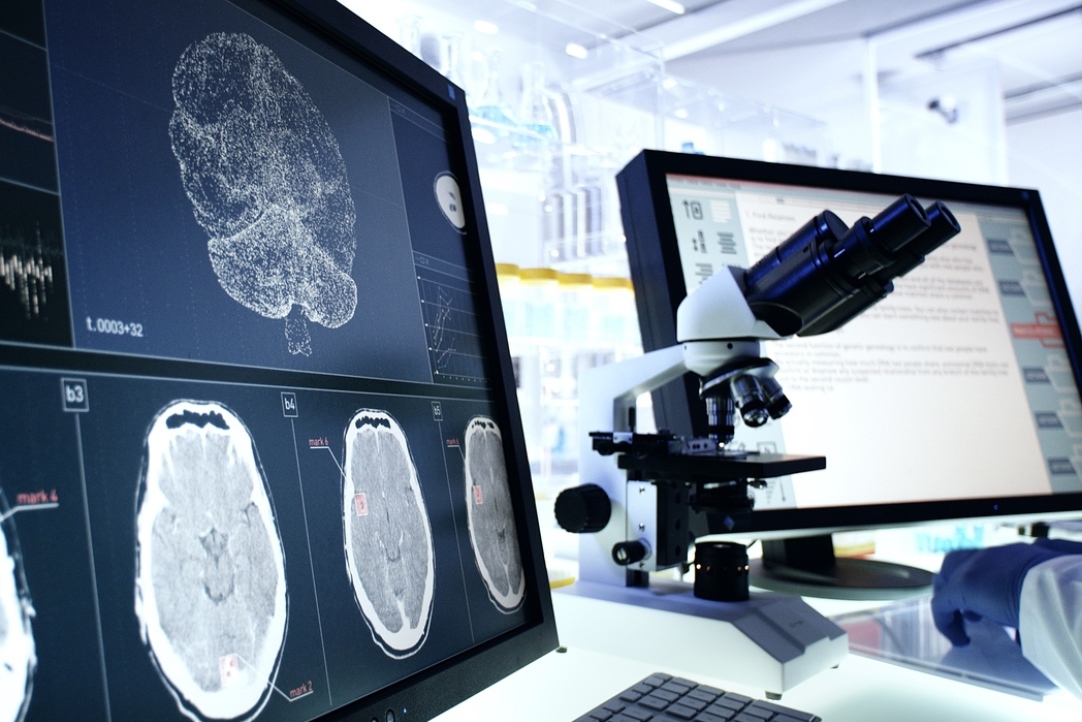
Russian Scientists Propose New Method of Studying Cognitive Dissonance
Researchers from HSE University propose using online TMS (transcranial magnetic stimulation) to study the dynamics of cognitive dissonance. The study findings are published in Pavlov Journal of Higher Nervous Activity.
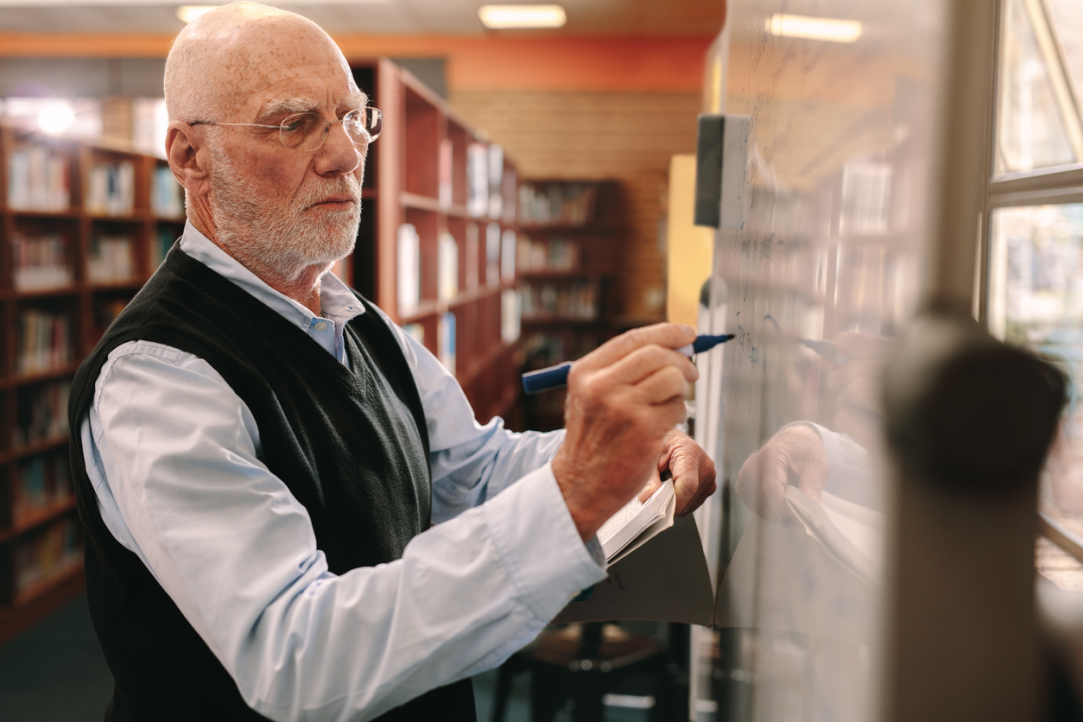
Senior Scholars’ High Achievements Rely on Strong Personality and Favourable Environment
According to researchers of the Moscow City Pedagogical University (MSPU) and HSE University Vladimir Postavnev, Irina Postavneva, Vadim Peskov and Alexey Dvoinin, certain personality traits can help older scholars stay productive and creative for a long time. The study findings are published in Acta Biomedica Scientifica.
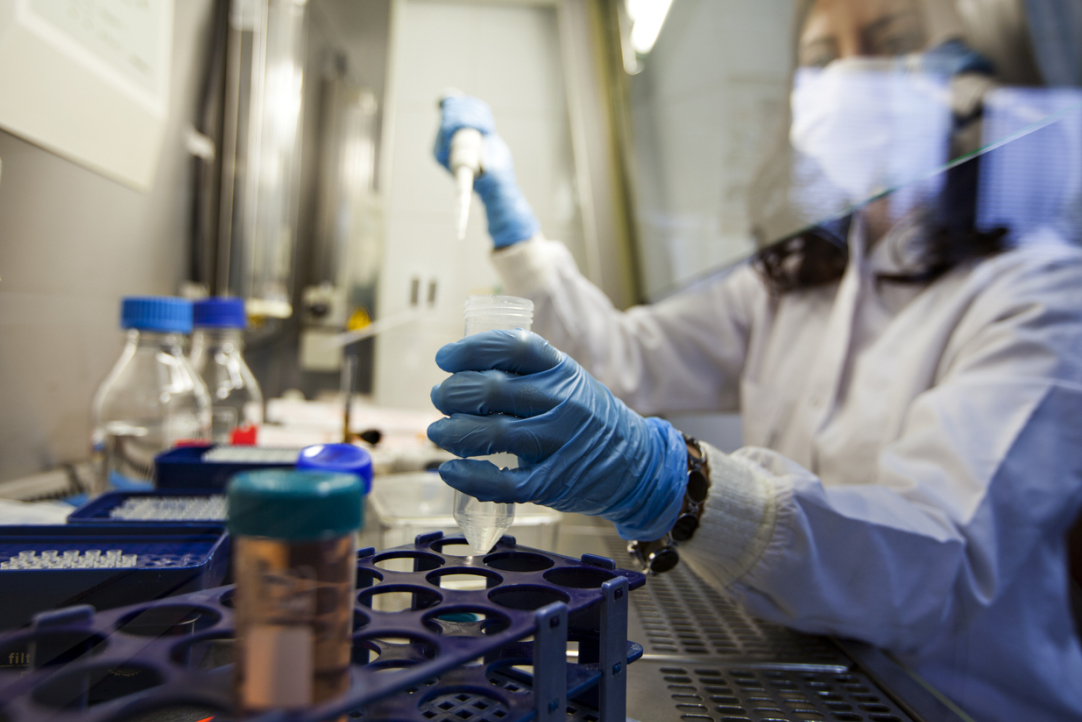
Research Reveals RNA's Role in Cancer Progression
An international group of scientists and medical specialists, including HSE researchers, examined the role played by microRNA (miRNA) and long non-coding RNAs on the progression of ovarian cancer. Having analysed more than a hundred tumour samples, they found that miRNA can prevent cell mutation while long non-coding RNAs have the opposite effect of enabling such mutations. These findings can help design new drugs which act by regulating miRNA concentrations. The study was published in the International Journal of Molecular Sciences.
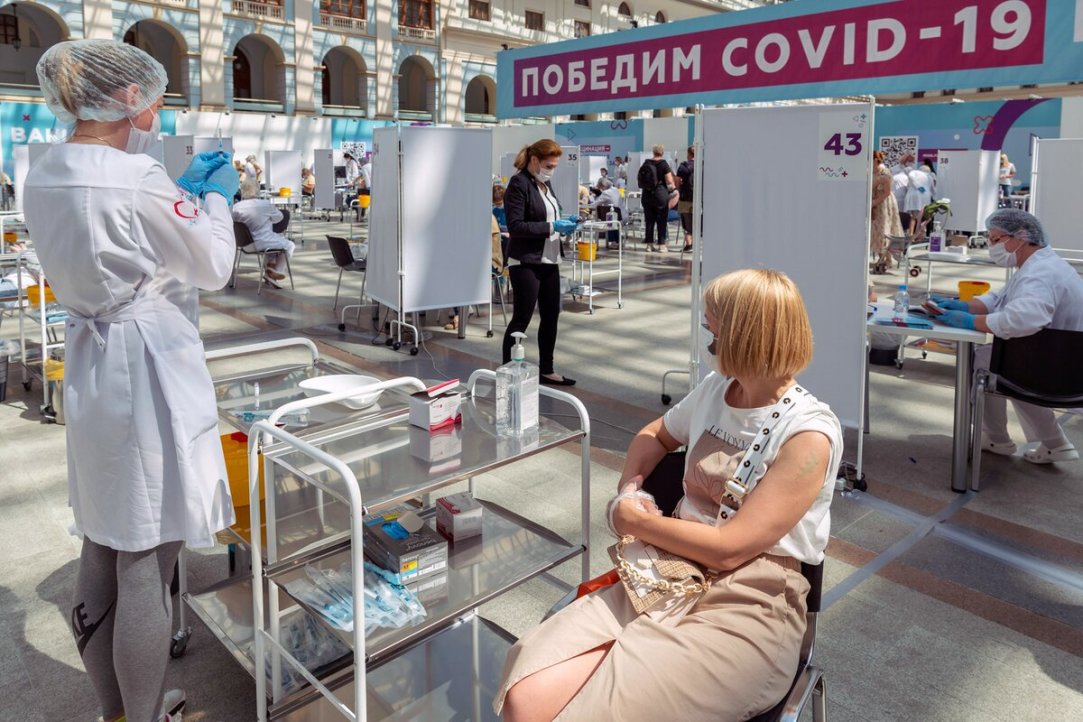
Acceptance of Vaccination Associated with Lower Social Media Use and Higher Trust in Government
Vaccination is generally considered an essential tool for curbing the COVID-19 pandemic. Although Russia was one of the first countries to develop a vaccine against COVID-19 and launched an immunisation campaign in 2021, its vaccination rates remained low for a long time. By October 2021, only 36% of Russian adults were vaccinated, many of whom were compelled by their employers to do so. Having examined the factors contributing to low trust in vaccination among Russians, HSE economists suggest measures to improve vaccination uptake. The paper is published in Vaccine.
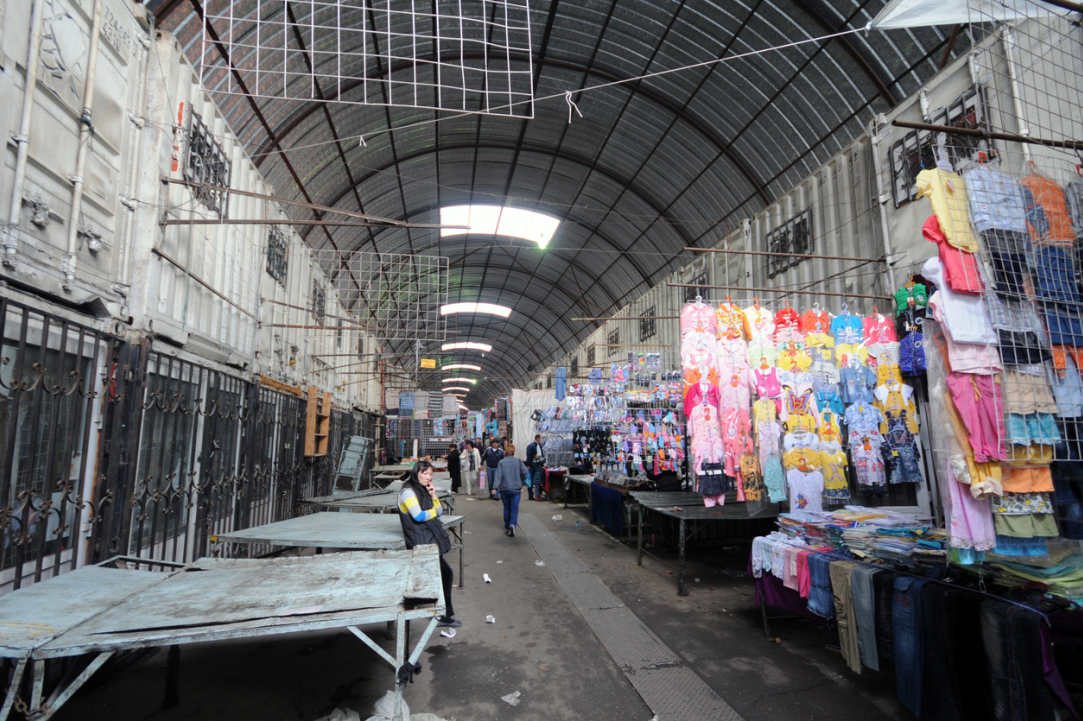
The Informal Economy and Post-Soviet Transition
The informal economy is a global phenomenon found in both developed and developing countries. There remains no consensus among academics about how the informal sector impacts overall economic growth. Elena Kalmychkova and Alexander Lipanov of Lomonosov Moscow State University and HSE University examined the informal economic sectors of former Soviet republics and found that regardless of any potential negative impact, these informal economies eventually helped people adapt to a post-transition free market environment.
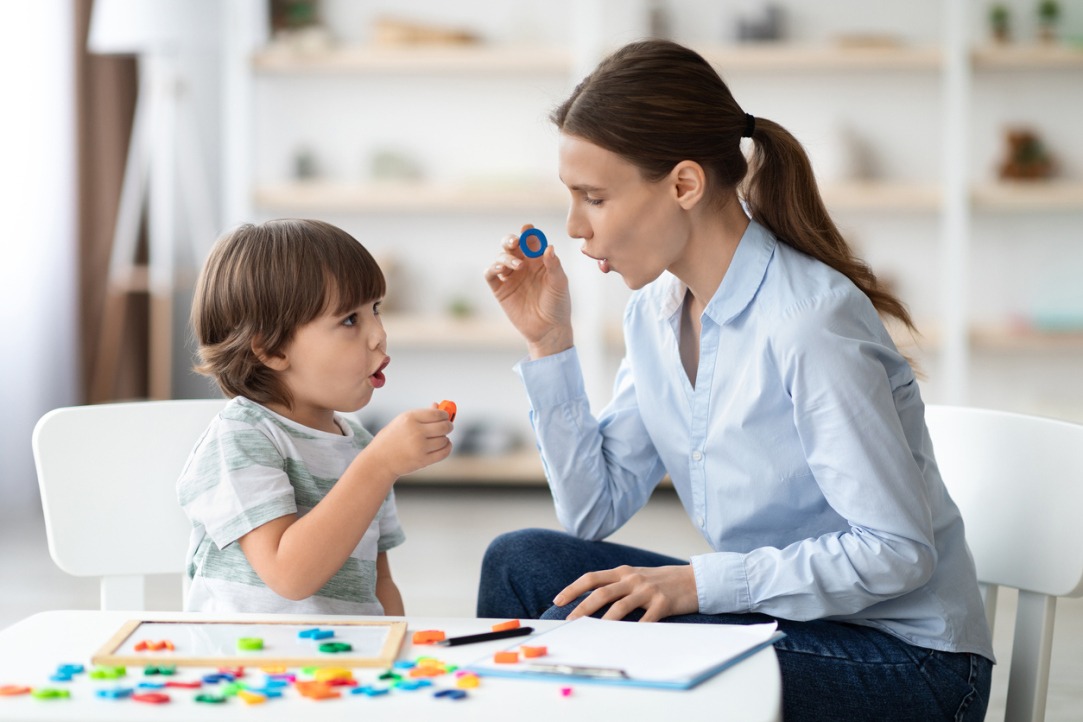
The Results of Dyslexia Diagnosis Depend on the Tests Used
HSE University researchers have found that complex phonological tests involving several cognitive processes predict dyslexia better than simple ones. This may happen due to the fact that Russian-speaking children with dyslexia generally do not have difficulties distinguishing speech sounds. However, it’s not enough to use only phonological tests to reliably diagnose the causes of reading disorders. The results of the study were published in the Journal of Speech, Language and Hearing Research.

Bad Roads Reduce Trade Volumes by 18%
Economists from HSE University and the Vienna University of Economics and Business have figured out why, all else equal, trading goods across borders can be more expensive than trading the same goods within state borders. They argue that one of the reasons is underdeveloped infrastructure in border regions. Their study was published in the Journal of Urban Economics.

HSE University Researchers Adapt Emotional Contagion Scale to Russian Language
Scholars from the HSE Institute for Cognitive Neuroscience have translated the Emotional Contagion Scale into Russian and validated it on Russian-speaking participants. It was the first study of how people unconsciously ‘catch’ other people’s emotions using a Russian sample. The results of the survey, which involved more than 500 respondents, demonstrate that women are more inclined to imitate emotions of others than men. The study was published inFrontiers in Psychology.

Russian Scientists Teach AI to Analyse Emotions of Participants at Online Events
HSE researchers have proposed a new neural network method for recognising emotions and people's engagement. The algorithms are based on the analysis of video images of faces and significantly outperform existing single models. The developed models are suitable for low-performance equipment, including mobile devices. The results can be implemented into video conferencing tools and online learning systems to analyse the engagement and emotions of participants. The results of the study were published in IEEE Transactions on Affective Computing.

